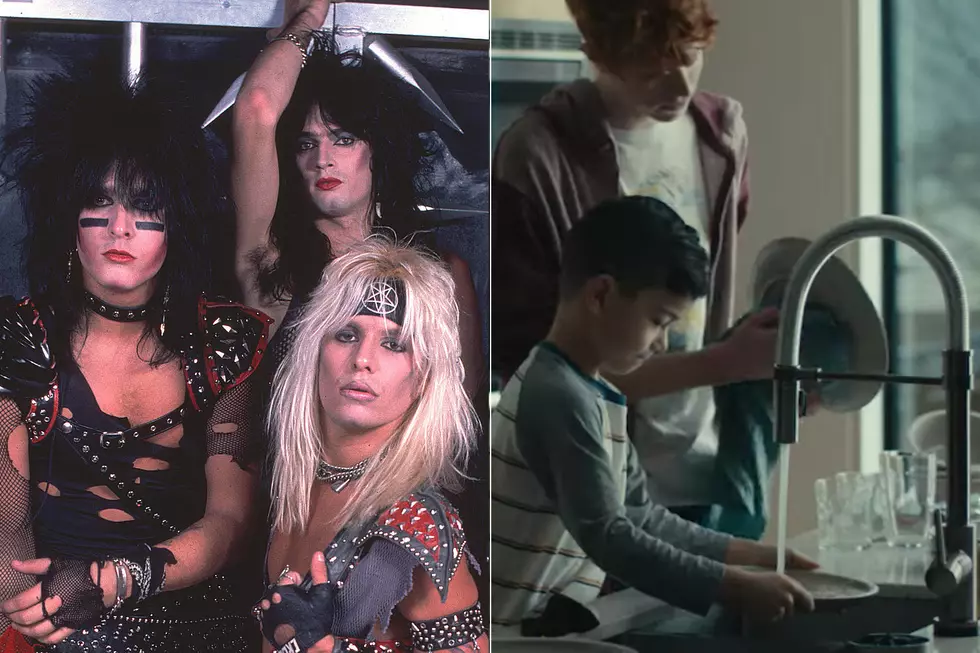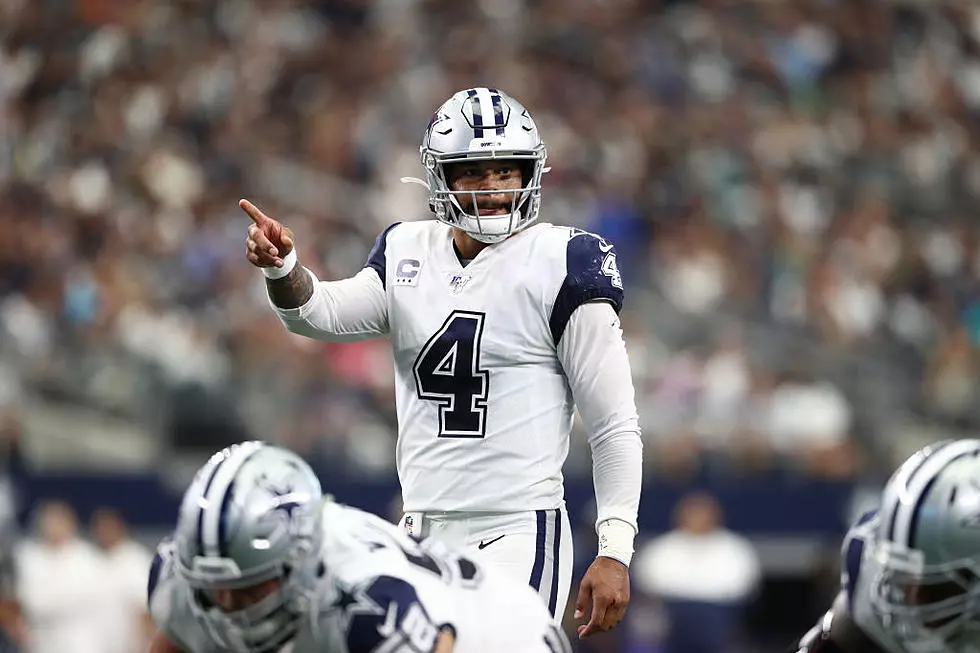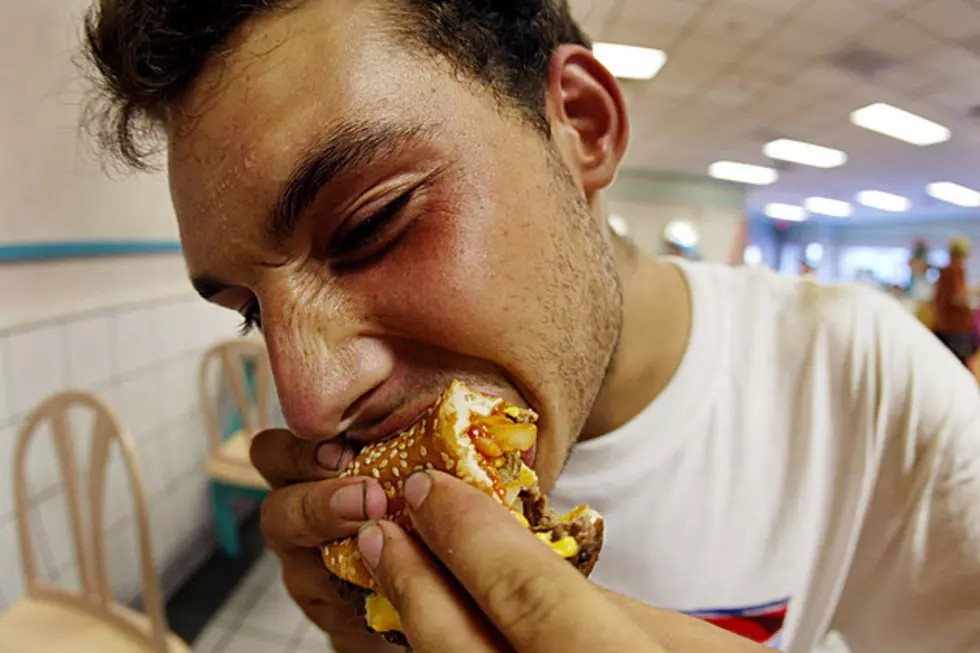
Why the ‘Uncle Buck’ TV Series Was a ‘Vulgar and Tasteless’ Mess
On March 9, 1991, the poorly handled Uncle Buck TV series was mercifully taken off the air.
The sitcom was based on the 1989 movie of the same name, which had become a blockbuster hit largely thanks largely to the writing and directing talents of John Hughes and the comedic genius of star John Candy. Its plot centered on the titular Buck, a slobbish gambler suddenly put in charge of his brother’s three children. Classic moments included Buck making giant pancakes in the family kitchen and driving the kids to school in his dilapidated Mercury Marquis. The film took in more than $80 million at the box office, so naturally executives saw dollar signs when envisioning a TV spinoff.
The series tabbed Kevin Meany to portray television's Buck. The comedian had made a name for himself as a stand-up in the ‘80s, following up his successful 1986 HBO comedy special with stops on The Tonight Show Starring Johnny Carson and Late Night With David Letterman. His star clearly on the rise, Meany seemed a worthy talent to slip on Buck’s oversized shoes.
Child actors Dah-ve Chodan, Jacob Gelman and Sarah Martineck would play Tia, Miles and Maizey Russell, the three siblings for whom Buck became the guardian. Veteran actress Audrey Meadows, best known for her role as Alice Kramden on The Honeymooners, would play the kids’ maternal grandmother, Maggie Hogoboom. From the get-go, Uncle Buck the series lacked the combination of humor and heart that made the original film so endearing.
In the movie, Buck is forced into babysitting his nephew and nieces when their parents are called out of town due to a family emergency. That timeline lasted only a couple of weeks - perfect for a succinct film plot, but not ideal for an ongoing television program. As such, TV writers decided to create different circumstances that made Buck a legal guardian: They killed off the parents. Yes, the foundation of what was supposed to be a lighthearted family comedy involved a mother and father who were killed in a car accident.
This choice created a giant hole that Uncle Buck was never able to climb out of. In the pilot episode, the children acted like one would expect from a typical household - not one reeling from a traumatic incident. They made bratty comments to each other, dealt with a bully at school, got excited for an upcoming date - but what they didn’t do was show any effects from the tragic loss. In fact, in the pilot episode, the kids wisecracked that their parents "bought it" when "their number came up." For audiences, trying to accept such a dramatic premise for a comedy proved impossible.
Watch the 'Uncle Buck' TV Series Pilot
It also didn’t help that Uncle Buck was inherently unfunny. Though Meany had plenty of comedy credentials, his talents did not transfer well to television. Where Candy’s embodiment of the gambling, cigar-smoking uncle role was buffoonish yet charming, Meany came across as crass and unrelatable.
Neither Candy nor Hughes was involved in the series, and the director was reportedly “displeased” by the show. Critics felt the same way.
“Uncle Buck is not funny at all,” declared the Los Angeles Times. “It’s less a comedy than a slobedy, a gross sitcom version of the John Candy movie about an irreverently snidecracking, slovenly hulk of a man who becomes the guardian of his nephew and two nieces.” Deseret News called Uncle Buck “the worst new show this fall,” adding, “not only is it vulgar and tasteless, but it simply isn't funny.”
With those types of responses, it’s surprising Uncle Buck managed to last 16 episodes. The show ran on CBS from September 1990 to the spring of 1991, airing its final episode on March 9. Six further episodes had been shot but never made it to broadcast.
In 2016, another attempt to bring Uncle Buck to television met a similar fate. That reboot, featuring a Black cast and starring Mike Epps in the title role, lasted eight episodes before it was canceled.
28 Classic Films That Were Turned Into (Mostly Failed) TV Shows
More From KLUB Tejano 106.9










